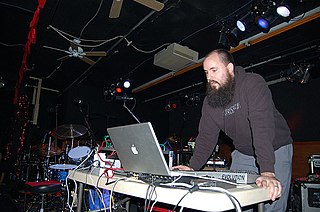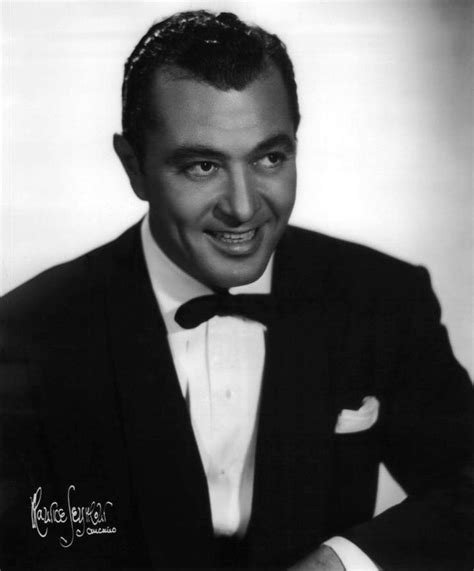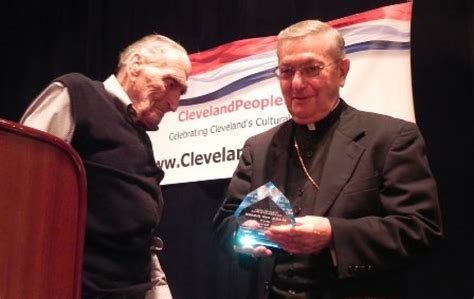A Quote by Keith Fullerton Whitman
Records can ruin you. That's why it's important to be as intimately familiar as possible with the history of recorded music, I guess. In a way, it's an argument for record collecting.
Related Quotes
Is it wrong, wanting to be at home with your record collection? It's not like collecting records is like collecting stamps, or beermats, or antique thimbles. There's a whole world in here, a nicer, dirtier, more violent, more peaceful, more colorful, sleazier, more dangerous, more loving world than the world I live in; there is history, and geography, and poetry, and countless other things I should have studied at school, including music.
Music expresses feeling, that is to say, gives shape and habitation to feeling, not in space but in time. To the extent that music has a history that is more than a history of its formal evolution, our feelings must have a history too. Perhaps certain qualities of feeling that found expression in music can be recorded by being notated on paper, have become so remote that we can no longer inhabit them as feelings, can get a grasp of them only after long training in the history and philosophy of music, the philosophical history of music, the history of music as a history of the feeling soul.
I work at a record label where I have archives. These things [memorabilia] occurred and are important to somebody, and they're important to me. I find the record industry largely repellent. This music, the Teen Idles, all of that stuff, is important to me. I don't have lawyers, an agent or a manager. However I find the music industry largely repellent. I just make records because that's what I love to do. So I think that era, those pieces of media, I keep in my collection.
My music has always been sort of in between categories. Sometimes record stores - back when there were record stores - they'd put my records in the country music section, but other record stores would put my records in the pop or even the rock section. As long as it's in the store somewhere, I'm OK with it.
My music has always been sort of in-between categories. Sometimes record stores - back when there were record stores - they'd put my records in the country music section, but other record stores would put my records in the pop or even the rock section. As long as it's in the store somewhere, I'm OK with it.
I've always loved records, even when I was a kid, my parents would buy me records instead of a lot of the other toys kids got. That's what I wanted. I've been collecting records and DJing my whole life, and I thank my parents for that. They had a big record collection and really imparted the magic of it on me.
Islam is unusual in that it's the only one of the great world religions which was born inside recorded history. That there's an enormous amount of factual historical record about the life of a prophet and about social conditions in Arabia at that time. So it's possible to look at the origin of Islam in a scholarly way.
I thought I was the only one who still enjoyed his record collection, but after reading 'How Records Got Their Groove Back,' I happily discovered I was wrong. There is something familiar about my old vinyl. Call it nostalgia, but I don't care for the 'purity' of CDs. They have no personality! The crackle and pop of the stylus on a record player as you wait for the music to begin creates an anticipation that CDs simply can't provide.
































